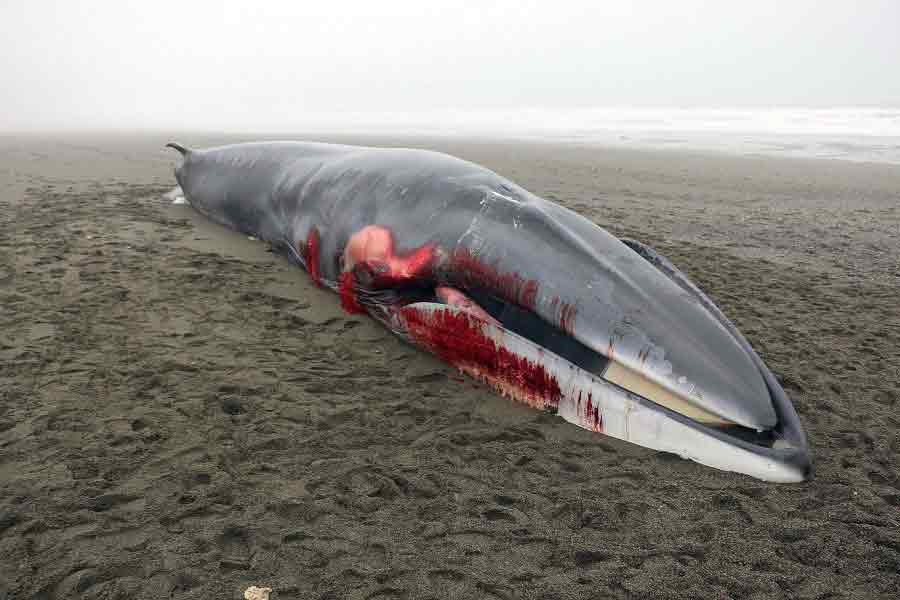
I always believed that the greatest survival challenge humanity had to face would take the form of a thermonuclear war. But reality is much less sophisticated, silent, and cruel than what science fiction could imagine.
PCBs (polychlorinated biphenyls) are organohalogen compounds, highly toxic molecules mainly used as refrigerants incorporated in the capacitors and transformers of power plant substations, and they come in 209 forms with varying levels of toxicity. The disposal of these refrigerant components is very expensive, but if not properly disposed of, they eventually reach the oceans. Initially, it was believed that the vast oceanic mass could dissolve them without any problem since they are not soluble in water but in fats and oils. And therein lies the problem.
Diatoms are the smallest plants in the ocean, also the most numerous, and they constitute the largest plant biomass on the planet. Diatoms, like other plants, have oil, a small droplet of oil near their nucleus. When a PCB molecule comes into contact with the microscopic oil droplet of a diatom, it immediately dissolves. Since the diatom cannot break down the PCB molecule, it simply stores it. The rest is simply bioaccumulation. A krill organism consumes at least ten diatoms per day, and a whale consumes millions of krill organisms, making the math simple. As diatoms form the basis of all ocean food chains, every animal is involved: fish, bivalves, all types of invertebrates, and, of course, whales and dolphins, where the impact is even more lethal due to bioaggregation, as they nurse their calves with milk rich in fats that accumulate high toxic concentrations.
In the United States, the federal government prohibits the sale of any food containing more than 2 parts per million of PCBs, and the law stipulates that anything containing more than 50 parts per million must be disposed of as a highly hazardous toxic waste. However, recent analyses of tissues from open sea orcas revealed concentrations of 400 parts per million. Concentrations of 3,200 parts per million were measured in belugas from the Gulf of St. Lawrence. These wild animals have become swimming toxic waste. PCBs cause a depression of the immune system in cetaceans, leading to their death. It is similar to what we know as AIDS, but dissolved in the sea, traveling in microscopic plants.
We humans have managed to poison the sea. Meanwhile, locked in our own stubbornness, we continue to argue in international forums about whether whales can or cannot continue to be hunted. When in reality, we should be joining forces to find an antidote, to seek non-toxic replacements for our technology. We still have time, we can still do it. Humanity must awaken from its long slumber and confront the problem now. Or we can choose not to know, look the other way, and remain silent, doing nothing until it’s too late.
«One cannot defend what one does not love, and one cannot love what one does not know.»

